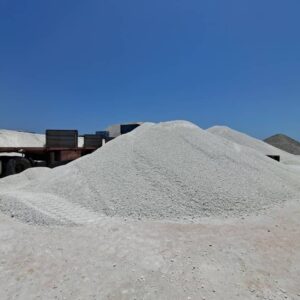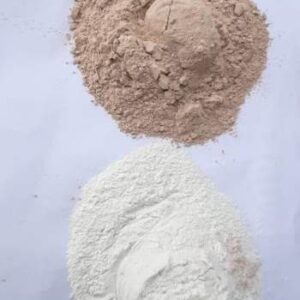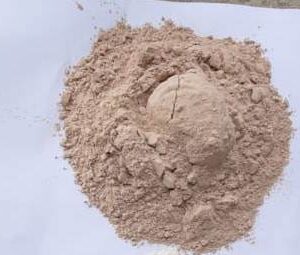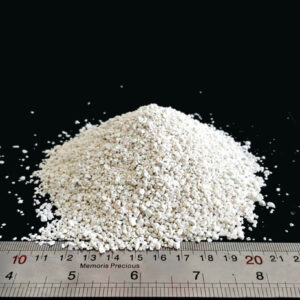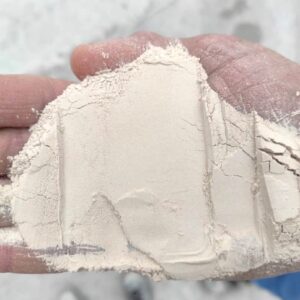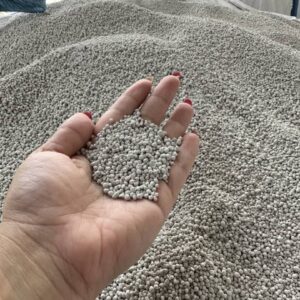Bentonite
General information:
Bentonite soil can be seen in white, gray, green, and brown colors due to the presence of different elements in it. But in general, there are two types of bentonite used in various industries.
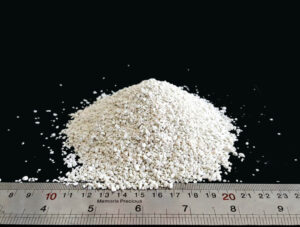
Swelling Bentonite(sodic):
Sodium bentonite is used as a drilling bentonite and is generally a set absorbent and contains elements such as calcium, potassium, sodium, and equipment. Also, this substance absorbs organic and inorganic substances from the water mixture and its viscosity helps in removing and raising the drilling waste.
When the relatively large shells of this mineral are released in water, they turn into colloidal particles and release the electrical energy stored in the crystal network, and they become swollen and sticky in about 15 to 30 times their original volume. This property is used in drilling for dispersing heavy materials and cutting drilling, as well as as a grout for sealing walls. In this way, bentonit creates a cover on the wall of the well and prevents the migration of oil and gas, making the wall stable and facilitating the operation of the drill.
Usages :
- Drilling industries
- Glazing industries
- Steel Industries
- Agricultural fertilizer industries
- Tile and ceramic industries
- Concrete and plastic concrete industries
- Livestock, poultry, and aquatic feed
- Casting and molding
- Production of bentonite sulfur fertilizer
- The bottom of earth wells and electric earthing
- Poultry and cattle bedding
- Construction, dam, and tunnel construction
Non-swelling Bentonite(calcite):
Bentonite is one of the seven types of clay, which is not abundant in the earth’s crust, and its predominant composition is more sodium and calcium. Metal ions do not cause a special effect on the physical state of bentonit, but they cause chemical changes in bentonit soil, for example, sodium bentonite has more electrical conductivity than calcium bentonit. Or that calcium bentonit can absorb ions and toxic substances, while sodic bentonit has high water absorption and swelling capacity.
Calcium bentonite also has beneficial applications due to its two special features. First, calcium bentonit is a poison absorber and toxin binder that can be used to clean the skin. It is also used in livestock and poultry food storage silos to eliminate aflatoxins caused by improper storage. Another feature of calcium bentonit is the presence of calcium element in it, so it is used in agriculture to strengthen agricultural soil and also as a water absorbent. It is also a suitable additive in the diet of livestock and poultry, which increases the need for calcium in the animal’s body.
Showing all 6 results

